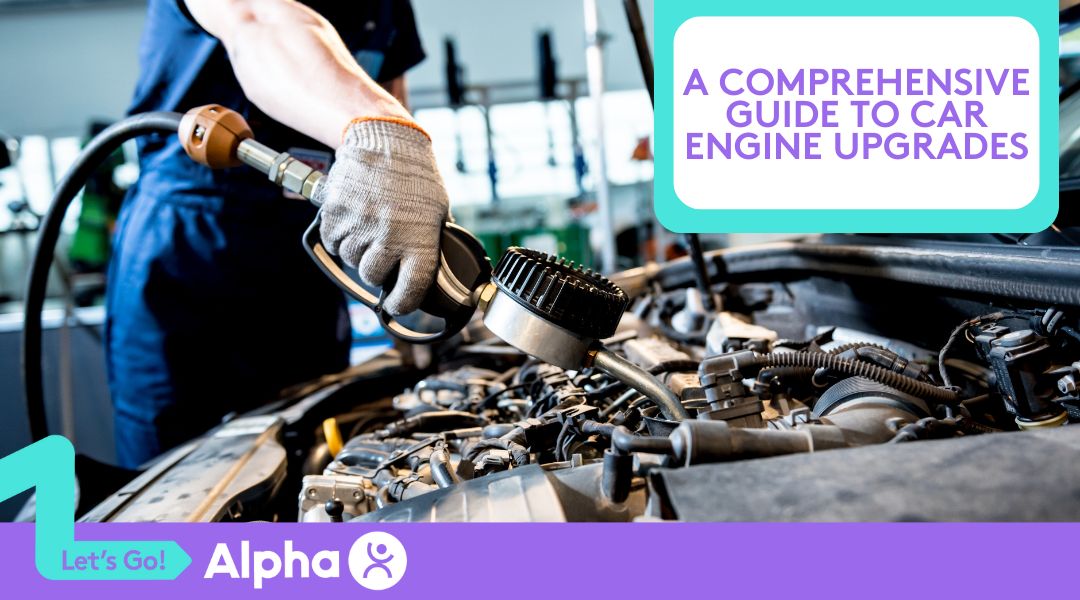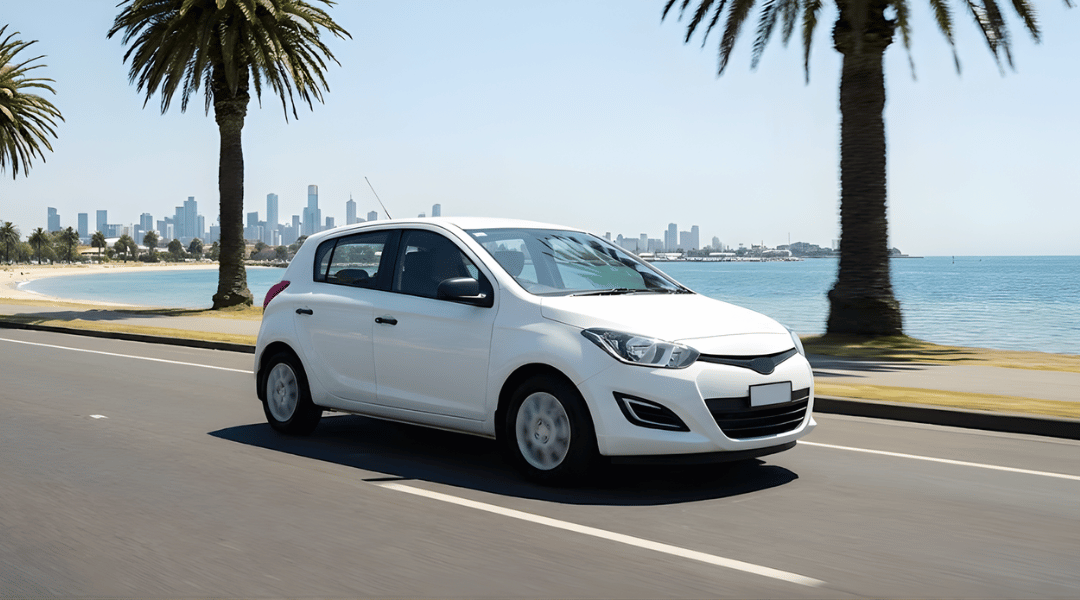Engine modification is a popular way to enhance a vehicle’s performance, sound, and overall driving experience. By understanding the fundamentals of engine mechanics and exploring various modification techniques, you can unlock your car’s full potential.
Why Modify Your Engine?
Modifying your engine can offer a range of benefits, both in terms of performance and personalisation. Here are some of the key reasons why people choose to modify their engines:
1. Performance Enhancements
- Increased Horsepower and Torque: By modifying components like the intake and exhaust systems, camshafts, and engine management system, you can significantly boost your car’s power output.
- Improved Acceleration: Enhanced horsepower and torque translate to quicker acceleration times and improved overall performance.
- Higher Top Speed: Modifications like engine tuning and aerodynamic improvements can help your car reach higher top speeds.
2. Fuel Efficiency
- Optimised Engine Performance: By fine-tuning your engine’s components, you can improve its efficiency and reduce fuel consumption.
- Reduced Emissions: Certain modifications can help reduce harmful emissions and contribute to a cleaner environment.
3. Enhanced Sound
- Aggressive Exhaust Note: A high-performance exhaust system can give your car a throaty, sporty sound.
- Refined Exhaust Note: A well-designed exhaust system can produce a more subtle and sophisticated sound.
4. Personalisation
- Unique Character: Engine modifications allow you to customise your car’s performance and sound to your specific preferences.
- Individual Expression: Express your personality and style through unique engine modifications.
Understanding Basic Engine Components
Before diving into engine modifications, it’s crucial to have a basic understanding of the fundamental components of an internal combustion engine:
Core Components
- Engine Block: The foundation of the engine, housing the cylinders and crankshaft.
- Cylinder Head: Covers the top of the cylinders, containing valves and camshafts.
- Pistons and Connecting Rods: These components convert the combustion energy into mechanical energy, driving the crankshaft.
- Camshaft: Controls the timing of the intake and exhaust valves, optimising engine performance.
- Crankshaft: Converts the linear motion of the pistons into rotational motion, which powers the vehicle.
Supporting Systems
- Intake and Exhaust Manifolds: These components direct the flow of air and exhaust gases into and out of the engine.
- Fuel Injection System: Delivers a precise amount of fuel to the engine’s cylinders, optimising combustion.
- Ignition System: Ignites the air-fuel mixture in the cylinders, initiating the combustion process.
By understanding these components, you can better appreciate the impact of engine modifications and make informed decisions about your vehicle’s performance.
Popular Engine Modifications
Engine Performance Upgrades
1. Engine Tuning and Remapping:
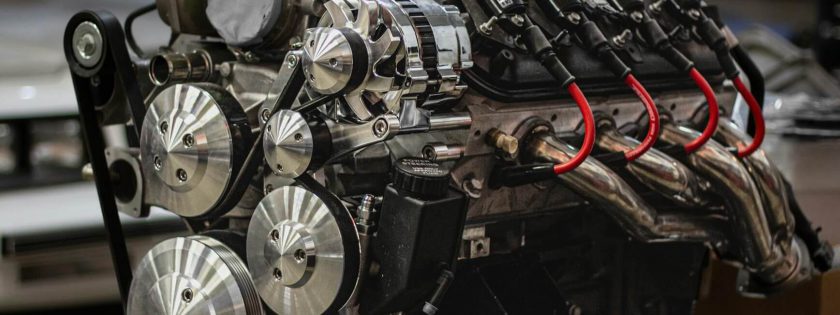
- Optimises the engine’s computer system (ECU) to improve performance and fuel efficiency.
- Tailors the engine’s performance to your specific needs and driving style.
2. Turbocharging and Supercharging:
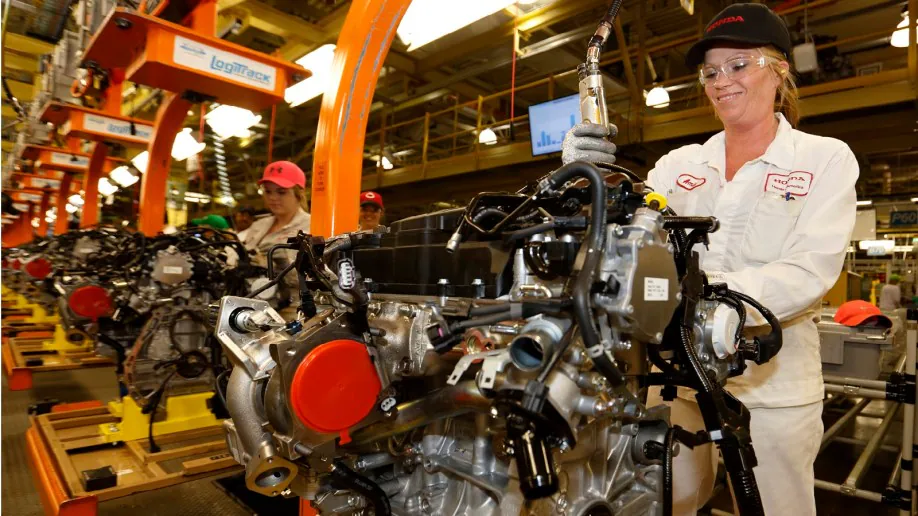
- Turbocharging: Uses exhaust gases to drive a turbine, which compresses air and forces it into the engine, increasing power and efficiency.
- Supercharging: Uses a belt-driven compressor to force air into the engine, providing an immediate power boost.
3. Nitrous Oxide Systems:
- Injects nitrous oxide into the engine, significantly increasing power output for short bursts.
- Ideal for drag racing or occasional performance boosts.
Intake and Exhaust Systems
1. Cold Air Intakes: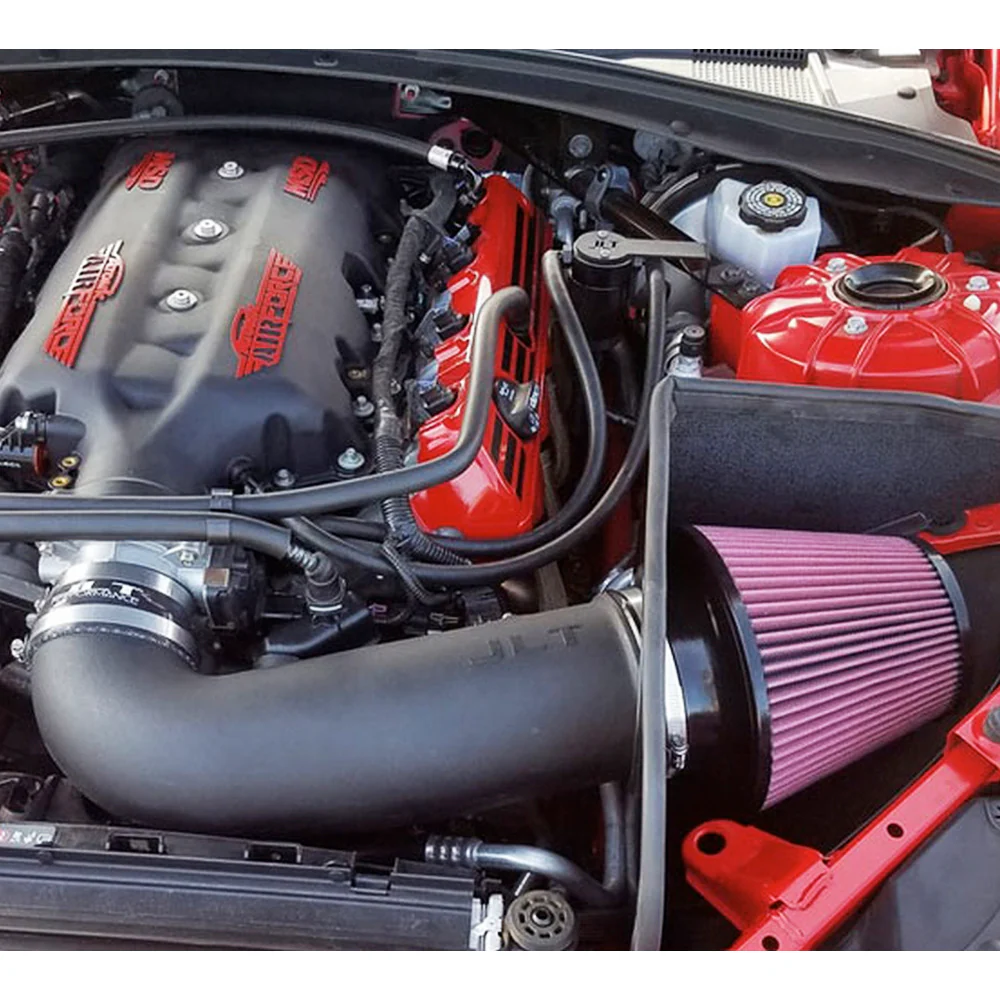
- Replaces the restrictive factory air filter with a high-flow filter and a cold air intake system.
- Draws cooler, denser air into the engine, improving performance and fuel efficiency.
2. Performance Exhaust Systems:
- Reduces backpressure and improves exhaust flow, increasing engine power and efficiency.
- Creates a unique exhaust sound.
3. Headers and Manifolds:
- Optimises the flow of exhaust gases, improving engine performance and fuel efficiency.
- Can significantly enhance power and torque, especially at higher RPMs.
Internal Engine Modifications
- Camshaft Upgrades:
- Replaces the stock camshaft with a high-performance camshaft to improve valve timing and engine performance.
- Piston and Rod Upgrades:
- Stronger and lighter pistons and connecting rods can handle increased engine power and higher RPMs.
- Cylinder Head Porting and Polishing:
- Improves airflow through the cylinder head, increasing engine efficiency and power output.
Remember to consult with a qualified mechanic or tuner to ensure proper installation and tuning of engine modifications.
Technical Considerations for Engine Modifications
When modifying your engine, it’s crucial to consider the technical aspects to ensure optimal performance and reliability. Here are some key technical considerations:
Engine Compatibility
- Matching Components: Ensure that all modified components are compatible with each other and with your engine’s specifications.
- Balancing and Blueprinting: Balancing and blueprinting engine components can improve engine smoothness, reduce vibrations, and enhance overall performance.
Fuel System Upgrades
- Fuel Injectors: Upgrade to higher-flow fuel injectors to accommodate increased fuel demand.
- Fuel Pump: Ensure that your fuel pump can deliver sufficient fuel pressure to support the engine’s modifications.
- Fuel Delivery System: Optimise the fuel delivery system for efficient fuel flow and atomisation.
Ignition System Upgrades
- Ignition Coils: High-performance ignition coils can provide stronger and more consistent sparks, improving combustion efficiency.
- Spark Plugs: Use high-quality spark plugs designed for performance applications to ensure reliable ignition.
- Ignition Timing: Adjust the ignition timing to optimise engine performance and fuel economy.
By carefully considering these technical aspects and consulting with experienced professionals, you can safely and effectively modify your engine to achieve your desired performance goals.
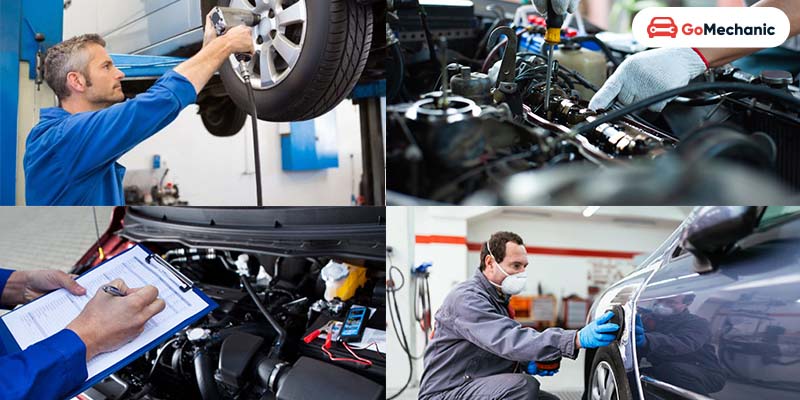
Legal and Safety Considerations for Car Modifications in Australia
Before embarking on any car modification project, it’s crucial to be aware of the legal and safety implications. Here are some key considerations:
Emission Standards
- Compliance with Local Regulations: Any modifications that impact your vehicle’s emissions must comply with Australian Design Rules (ADRs).
- Vehicle Inspection: Modified vehicles may require additional inspections to ensure they meet emission standards.
Modification Certification
- Engineering Certification: In some cases, significant modifications may require engineering certification to ensure the vehicle’s safety and roadworthiness.
Vehicle Insurance
- Disclosure Requirements: It’s essential to disclose any modifications to your insurance provider.
- Potential Impact on Insurance Premiums: Modified vehicles may have higher insurance premiums, as they are considered higher risk.
Safety Measures
- Proper Installation: Ensure that all modifications are installed correctly by qualified professionals.
- Regular Maintenance and Inspection: Regular maintenance and inspection of modified components are crucial to ensure safety and optimal performance.
- Safe Driving Practices: Always drive responsibly and within the limits of your vehicle’s capabilities.
By carefully considering these legal and safety factors, you can enjoy the benefits of car modification while minimising risks.
Remember: Always consult with local authorities and experts to ensure compliance with regulations and safety standards.
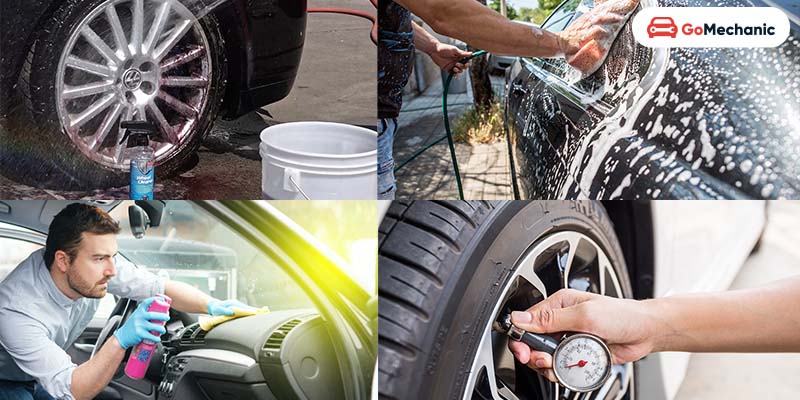
The Cost of Engine Modifications
Budgeting for Upgrades
Engine modifications can range from relatively simple and affordable to complex and expensive. When budgeting, consider the following:
- Initial Costs:
- Parts: The cost of parts can vary widely depending on the brand, quality, and complexity of the modification.
- Labour: Professional installation can significantly increase the overall cost.
- Ongoing Maintenance:
- Modified engines may require more frequent maintenance and higher-quality parts.
- Consider the cost of regular oil changes, filter replacements, and potential repairs.
Return on Investment
While engine modifications can be costly, they can also offer a significant return on investment in terms of:
- Increased Performance: A more powerful engine can enhance your driving experience and potentially increase the value of your vehicle.
- Enhanced Driving Experience: Modifications can improve your car’s handling, acceleration, and overall performance.
Environmental Impact of Engine Modifications
- Fuel Efficiency and Emissions: Some modifications, such as performance exhaust systems, can increase fuel consumption and emissions.
- Eco-Friendly Modifications: Consider modifications that improve fuel efficiency, such as lightweight components and aerodynamic enhancements.
Responsible Modification Practices
- Minimising Negative Environmental Impact: Choose modifications that balance performance and environmental impact.
- Adhering to Regulations: Ensure that your modifications comply with local regulations and emissions standards.
- Regular Maintenance: Proper maintenance can help optimise performance and minimise environmental impact.
DIY vs. Professional Installation
| Feature | DIY Modifications | Professional Installation |
|---|---|---|
| Cost | Lower initial cost | Higher initial cost |
| Time | Time-consuming | Less time-consuming |
| Skill Level | Requires mechanical knowledge and skills | Requires no mechanical knowledge |
| Quality Assurance | Potential for errors | Higher quality assurance |
| Warranty and Support | Limited or no warranty | Warranty and support are often included |
| Customisation | High level of customisation | Limited customisation options |
Common Mistakes to Avoid:
- Overlooking Supporting Modifications: When modifying one component, consider the impact on other parts of the vehicle. For example, a more powerful engine may require upgrades to the transmission, cooling system, and brakes.
- Ignoring Fuel Quality and Maintenance: Use high-quality fuel and maintain your vehicle regularly to ensure optimal performance and longevity.
Essential Maintenance Tips
- Regular Oil Changes: Use high-quality oil and change it at the recommended intervals.
- Filter Replacement: Replace air, fuel, and oil filters regularly to maintain engine performance and efficiency.
Conclusion
Modifying your car can be a thrilling experience. It allows you to personalise your vehicle, enhance its performance, and express your individuality. However, it’s crucial to approach modifications with careful planning and consideration for safety, legality, and environmental impact.
By understanding the technical aspects, legal considerations, and maintenance requirements, you can enjoy the benefits of a modified car while minimising risks. Remember to prioritise safety, choose high-quality components, and seek professional advice when needed.
The Thrill of the Open Road
Whether you’re a seasoned car enthusiast or a newcomer to the world of modifications, Alpha Car Hire is here to fuel your passion for driving. With our wide range of vehicles and exceptional customer service, we’re committed to making your car rental experience unforgettable.
Book your car hire today and embark on your next adventure.
[/vc_column_text][/vc_column][/vc_row][vc_row css=”.vc_custom_1727246131169{padding-top: 40px !important;}”][vc_column][vc_raw_html]JTVCcG9kcyUyMG5hbWUlM0QlMjJjYXJfaGlyZV9sb2NhdGlvbnMlMjIlNUQlN0IlNDBjYXJfaGlyZV9sb2NhdGlvbnMlN0QlNUIlMkZwb2RzJTVE[/vc_raw_html][/vc_column][/vc_row]

